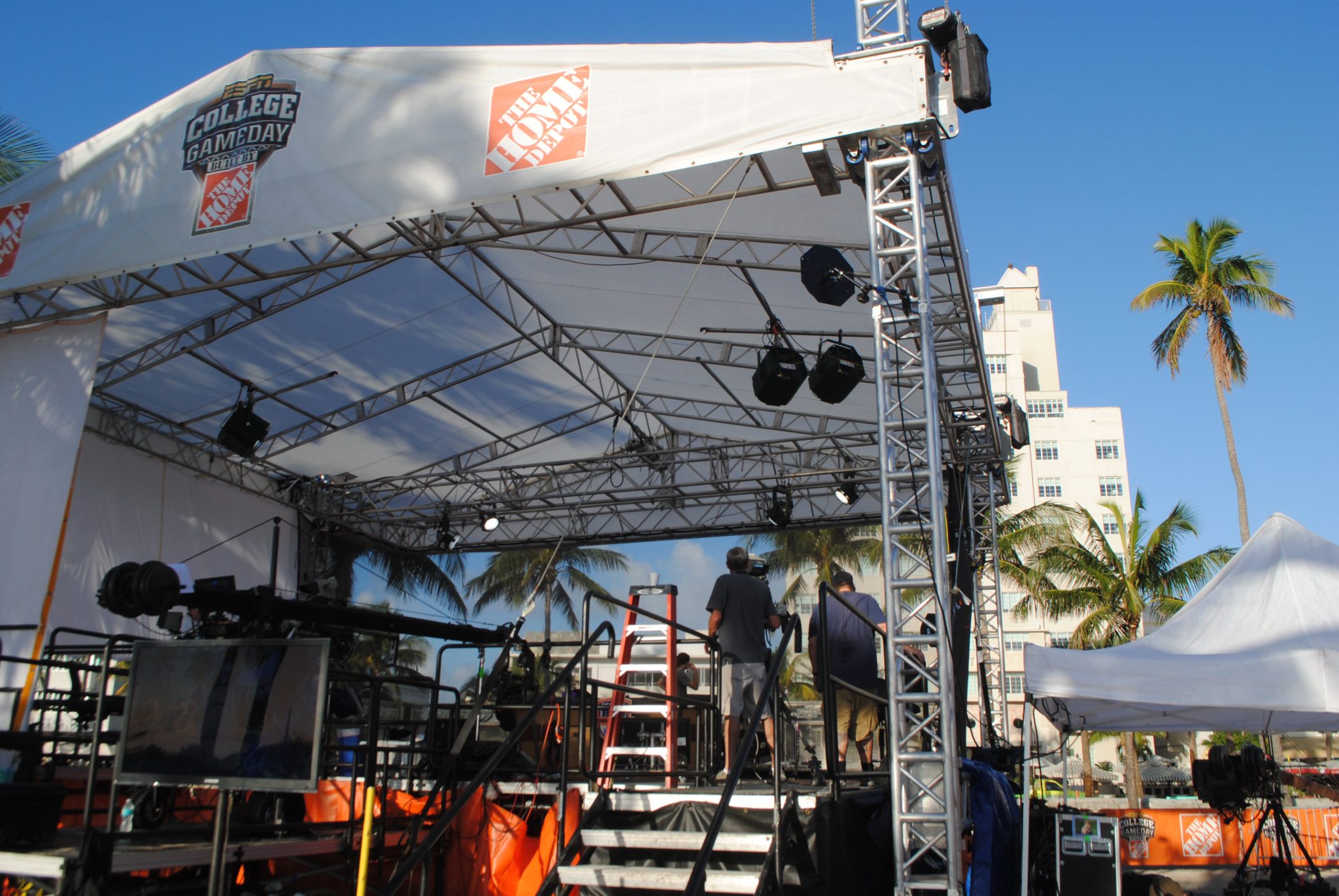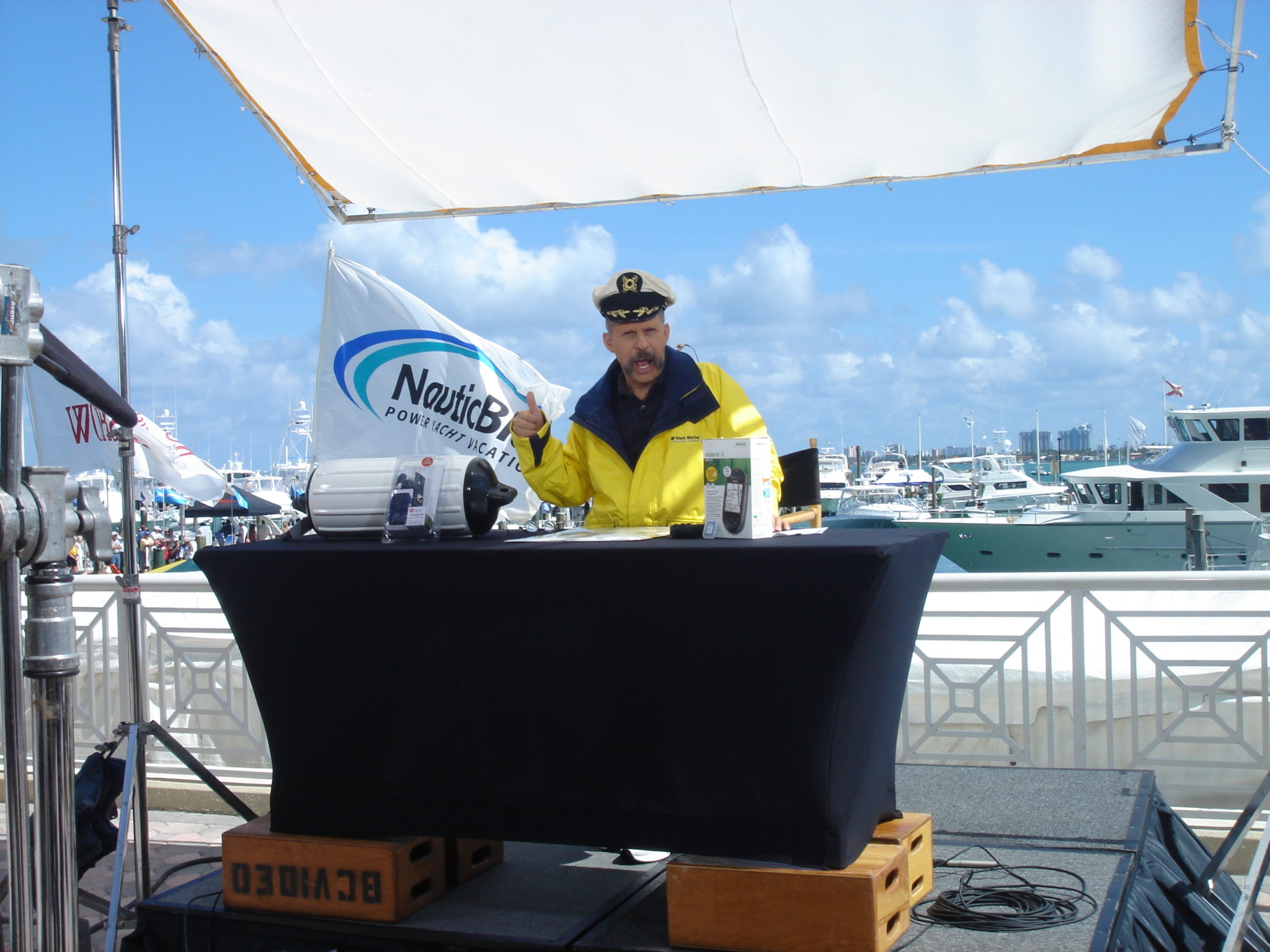If you have been tasked with planning a live event, fundraising evening or corporate occasion, you may already be feeling under pressure. With so much to organize to ensure that everything runs smoothly, it can feel like the weight of expectation is resting heavy on your shoulders.
Seamless event planning is never without its ups and downs, but by putting tried and tested plans into place before the big day, you should be able to manage every aspect of the occasion perfectly. The venue you choose, the food your order, the band you book, the invites you send and even the design and lighting of the site on the day are all individual components of the perfect occasion.
Take a deep breath, grab your laptop and start to work through this list of the 7 best ways to keep your event stress free, to see you succeed at this, your biggest challenge yet.
-
Define your end game
Before you can begin your journey to create an epic event, you need to have a starting point. Are you putting on an event to entertain, to raise money, to reward hard-working employees or even just to bring people together to have a good time? Knowing what you want the evening to achieve from the outset, makes it far easier to figure out how to make it happen.
-
Think about the type of event that best suits your needs
A glamorous black-tie occasion will work well as a fundraiser but may be completely off the mark for a more laid-back affair. A live band in an intimate setting will be great for a party to celebrate the season but will be too informal for a corporate event. Think of your guest list and your end game, before deciding which type of event will work best.
-
Set a budget
Knowing how much you can afford to spend makes all the difference. Grand ideas are great, but if your budget is more bar snacks than a champagne reception, you and your guests will be woefully disappointed. Work out how much you have in the kitty to spend on your venue, your entertainment and your catering in the first instance.
-
Find a venue
Whether you are entertaining 100’s of guests or just a handful, you need to find a venue that suits. Upscale hotels, clubhouses and restaurants bring kudos, whereas outdoor spaces, empty gymnasiums and even sports venues may not be as glamorous on the face of it but may buy you more floor space for less dollar.
-
Design your theme
A theme is an easy way to seamlessly bring together all the components of your evening. Whether you choose something classic like a Black and White ball that attendees can easily get on board with, or something more complex, a theme adds interest to your evening. You should incorporate the design into every aspect of the event, including table decorations and interiors.
-
Book your entertainment
If you are having a live covers band, a refined quartet or even a 100-strong gospel choir make sure they have enough room to work with. If there is no stage at your venue, you can hire one in. Also, be sure to check the audio system at the venue before they arrive. If the one supplied is not up to the job, you can hire AV equipment for the night.
-
Light it up
One of the easiest and most effective ways to transform a venue from mainstream to magnificent is with the addition of professional lighting. A lighting company will be able to add awesome effects simply by lighting up the venue itself, as well as the stage area. If you want it to be really impressive you could even ask for your logo, or company name to be projected onto walls or ceilings to ensure that none of your guests forget why they are really there.
Professional Event Lighting from Frank Gatto & Associates
We can supply you with the right lighting for your event – whatever the occasion. Speak to us today at 561-368-0101 to find out more.
Frank Gatto & Associates, Inc. are specialists in lighting for television events of all kinds. If you have an event that needs expert lighting, please call us today to see how we can help.
Phone: 561-368-0101
Email: frank@frankgattolighting.com
We can be found on Social Media at the following links.







